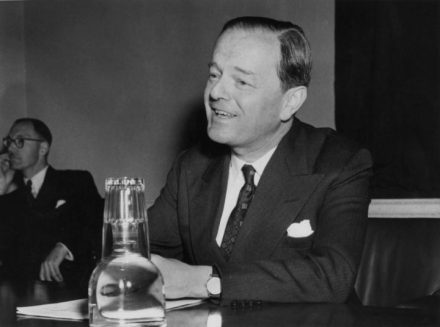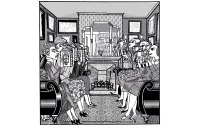Liverpool is trashing its maritime history
Three subjects are branded onto the Liverpool psyche: football, music and seafaring. While the first two remain in rude health, maritime matters have long taken a dive in the city – even though shipping is the very reason Liverpool became the second city of the British Empire. Instead of preserving Liverpool’s seafaring history, National Museums Liverpool (NML), which is responsible for the city’s historic port, has instead decided to pursue the fashionable obsession with ever louder apologies for the city’s part in the transatlantic slave trade. The biggest victim of the NML’s seemingly unstoppable emotional self-flagellation on our behalf has been its decision to scrap De Wadden, a 107-year-old schooner dubbed






















